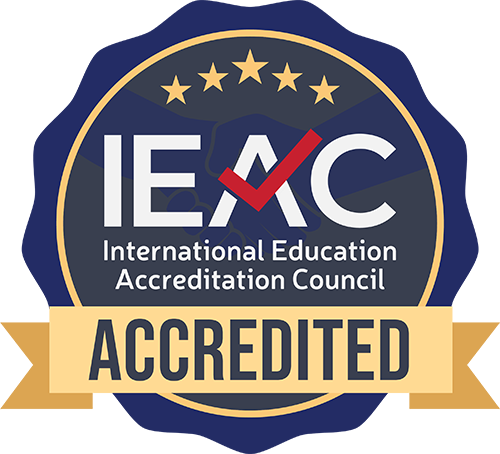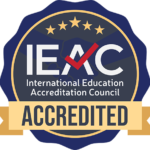You might have heard of Competency-Based Education (CBE)¹, a method of learning which is steadily growing in popularity. As more adult learners are looking to earn a degree, CBE links study with the workplace. Some people believe that this is the direction that higher education in general is likely to go in. Here, we look at what Competency-based education is and who can benefit.
¹Also called Competency Based Learning
What is Competency-based education (CBE)?
CBE is a system that puts emphasis on learning, in contrast to tradition that measured learning through time spent studying at a particular place. The Carnegie Foundation for the Advancement of Teaching introduced the credit hour in 1906. While this system may be efficient, developments in technology have recently made it possible for people to study when it is convenient for them. CBE is one example of how education is responding to the needs of students and employers. Some other features of Competency-Based Education are:
- You can complete in your ‘own time’ rather than in a ‘designated time’.
- Students master their skills, with support from tutors.
- Places the student at the center and the teacher on the side.
- CBE emphasises that different people have different strengths – success is redefined.
- It enhances the student voice (the ability of the student to influence their own learning).
- CBE makes use of technology.
Who can benefit from it?
As the the above hopefully shows, CBE can help adult learners whose lives don’t suit the conventional model. In the past, if a person had been working for several years, it might have been very difficult to put a career on hold in order to go back to study. People often sideline their academic plans when they start to raise a family – yet, they often intend to continue their studies. Through CBE, a person can restart when time allows, as well as gain formal certification in something useful to employers.
How can Competency-Based Education save time and money?
CBE therefore, is flexible. You can learn at your own pace and you can fast-track your learning. Another attractive aspect is that this can be an affordable way of studying. A report by the rpk Group from October last year pointed to significant savings opportunities for both students and educational organisations.
Colleges and universities are currently under pressure to increase affordability and ensure their programs are customer centered. Advocates of CBE believe that by using new technology and putting emphasis on what people learn, as opposed to how they learn it, they can reduce time and cost.
Can it help me get a job?
One key benefit of CBE is that it assesses mastery of skills learnt in the workplace. While emphasising real world learning, it can help put you ahead of other candidates. This could be the case, whether you have a number of years’ work experience or if you have recently graduated.
Is there a difference between Competency-Based Education and Prior Learning Assessment?
In general Prior Learning Assessment (PLA)2 refers to credit that someone has already received within education. For example where a person started a degree but didn’t finish, he / she could restart with module credits with prior learning credits awarded. Competency-based learning involves a student displaying that he/she has mastered course content.
² This is sometimes called Credit for Prior Learning (US), Recognition of Prior Learning / Accreditation of Prior Learning (UK).
Is Competency-Based Education for everyone?
It probably won’t suit every one. You need to be self-motivated and self-disciplined because you will be working at your own pace. Like all online and distance learning, it is not necessarily a physical learning atmosphere. This is why it is important to have an academic mentor.
Are other areas of education adopting CBE methods?
Yes, the principles of CBE are entering into state school education in the USA. For example, Competencyworks is an organisation dedicated to incorporating competency education in the K-12 system.
Where can I find more information on Competency-based education?
There is quite a lot of information online:
- Our very own Dr Brenden writes regularly about CBE and offers Competency-Based opportunities to adult learners on his website and blog.
Informational pages on our site:
Further information:
Article about problems relating to the credit hour:







